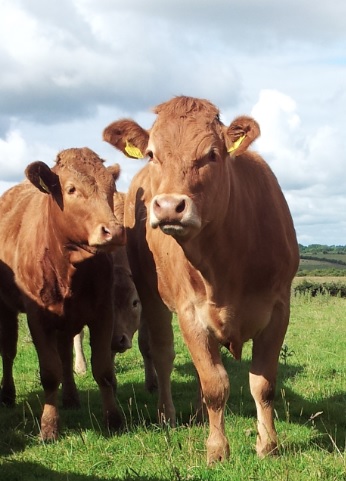British beef prices have dropped to a five-year low, according to the National Beef Association (NBA) in the UK.
Over the past year, R3 heifer prices in the UK fell by 75c/kg, figures from the European Commission show, down to 408c/kg during the week ending April 4.
Chris Mallon, Chief Executive of the NBA said that the beef price farmers are receiving is 46% of the retail price, which has remained relatively static with a 1-2% increase.
“I keep getting told there is a lack of retail demand and because of that the processors have to reduce the price the farmer gets for his beef.
The idea of price fatigue among consumers is often mentioned, this would hold more water if retail price had moved downwards with the cattle price, but it has not. The truth is retail price has moved up 1%.
Mallon also said that there is room for retailers to bring the price consumers are paying for beef down, which would help beef sales.
He also said that recent in-store marketing of beef has been either abysmal or non-existent with product poorly displayed and price promotions focused on imported beef products.
Retailers need to give a fair share, 54% of the retail price, to the producer, market the product better and more clearly, and most importantly stop controlling and interfering in the businesses of their suppliers, he said.
Impact of lower UK beef price on Irish supplies
The NBA has called on retailers in the UK to stop promoting imported beef, but the UK market is Ireland’s largest beef buyer.
Last year, the UK accounted for over 52% of Ireland’s beef exports valued at €2,280m, figures from Bord Bia show.
But, due to lower cattle prices in the UK, Irish beef exports to the UK are likely to face a difficult year, according to Bord Bia’s Joe Burke.
So far this year, Irish live cattle exports to the UK are back by 10%, due to lower UK prices and a weaker Sterling, which have combined to make Irish beef more expensive in the UK.
“The Irish price has remained stable, whereas the UK beef price has dropped consistently since the beginning of the year,” he said.
The Beef and Livestock Sector Manager said that the UK has a much lower cattle price this year, due to the exchange rate, which has seen Sterling become weaker compared to the euro.
The UK price in euro terms has declined as Sterling has weakened. The strong Sterling was very beneficial to Irish farmers last year, as over half of Irish beef was sold in Sterling.
But, the strength of Sterling has decreased and this has made Irish cattle less competitive on the UK market, resulting in lower live exports numbers, he said.
Burke also said, that the strong Sterling last year was worth an additional 10% to Irish beef farmers, but the lower UK price could see a drop in Irish beef exports to the UK.
